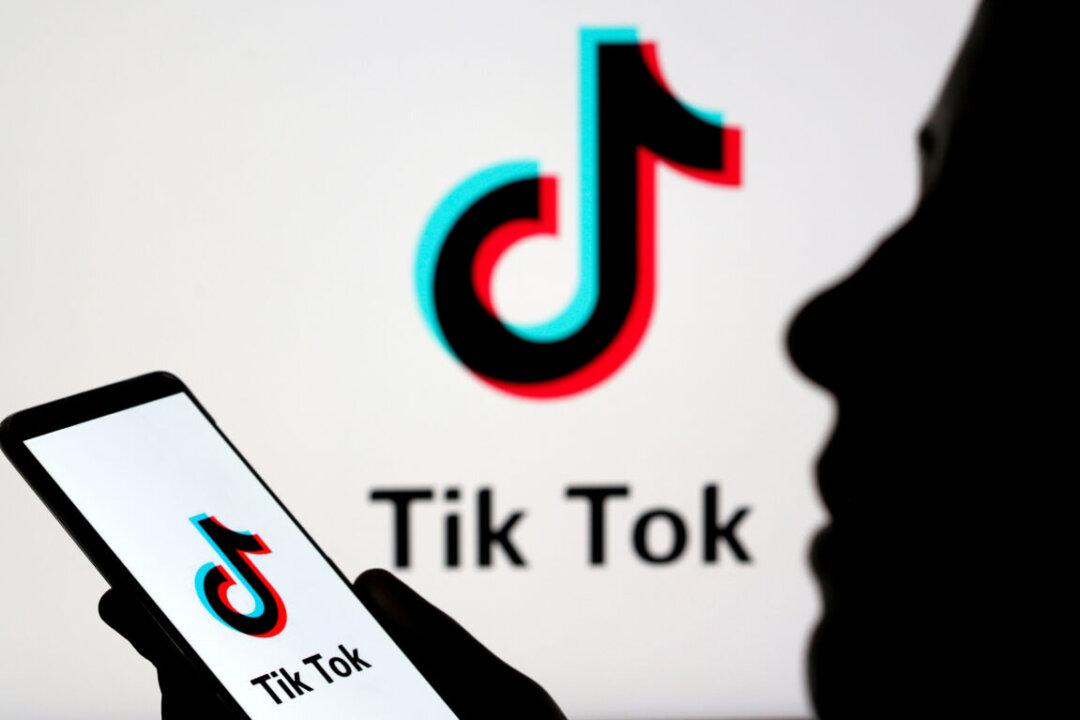NEW DELHI—India on June 29 banned 59, mostly Chinese, mobile apps including Bytedance’s TikTok and Tencent’s WeChat in its strongest move yet targeting China in the online space since a border crisis erupted between the two countries in June.
India’s technology ministry issued an order stating the apps are “prejudicial to sovereignty and integrity of India, defense of India, security of state and public order.”





